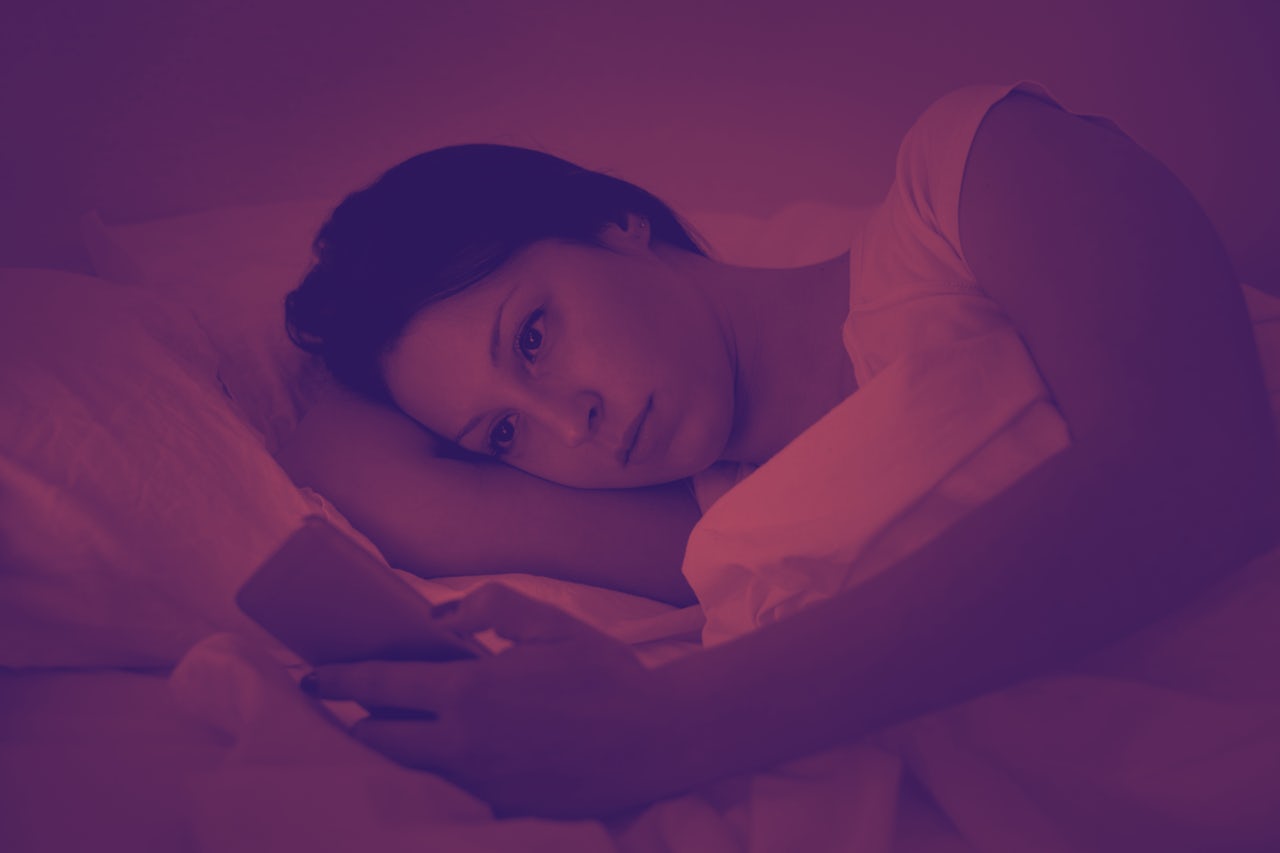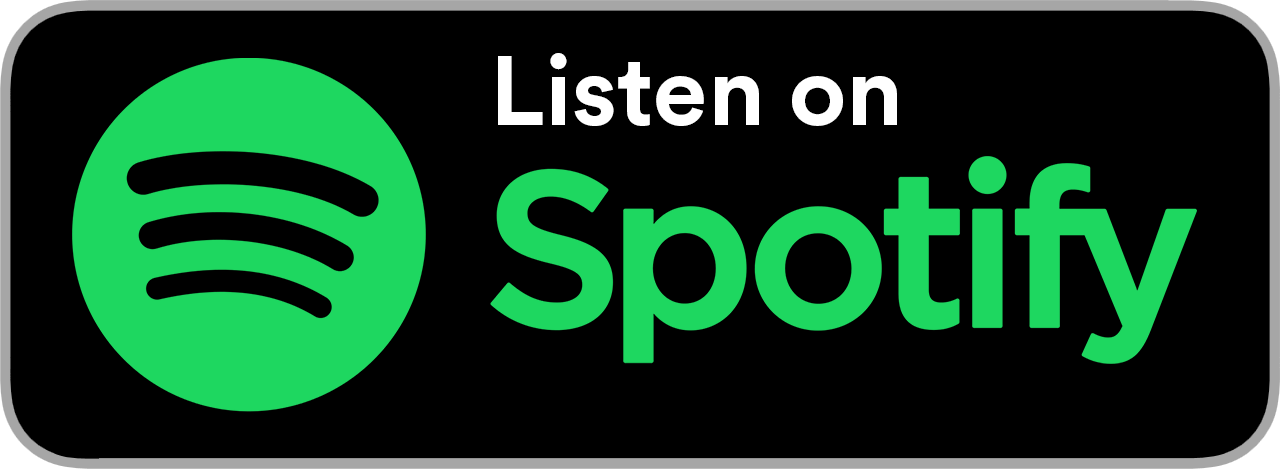At Apple's Worldwide Developers Conference today, the company announced a number of annoyance- and addiction-mitigating features for its devices. Notifications can now be grouped by app, so you can leave your phone for 20 minutes and not come back to hundreds of pages of alerts from the group text nattering on about something you have no awareness of. The Do Not Disturb feature can now be turned on for a limited amount of time, so that alerts will automatically come back on when a calendar event ends or a certain amount of time passes. The next version of iOS will also now have built in time limit controls, so that users can parent themselves about how much time they spend on Instagram or on Facebook, cutting in to the Explore Tab k-hole after an hour or two and letting them know it’s “time to move on.” It’s thrilling that Apple can tell how close everyone is to just throwing their smartphones into the ocean and returning to nature.
It’s not the first company to do so, either. The tyranny of devices has been covered before: notifications have become so addictive and apps so good at emotionally grabbing everyone by the balls that any time we are so fortunate as to emerge from the vortex for a second, the despair about being trapped in it the only way to solve it is to dive back in or run screaming into the night. Facebook announced earlier this year that it planned to emphasize “time well spent.” As founder Mark Zuckerberg wrote:
“The research shows that when we use social media to connect with people we care about, it can be good for our well-being. We can feel more connected and less lonely, and that correlates with long term measures of happiness and health. On the other hand, passively reading articles or watching videos — even if they're entertaining or informative — may not be as good.”
Google followed suit in May at its I/O event, where it announced a number of upcoming AI improvements that removed much of the friction in interactions with their devices — sorting photos, drafting emails, even calling up restaurants to make reservations.
The Do Not Disturb limit-setting in iOS made my heart leap out in recognition at a problem I frequently have: I turn DND on and forget for literally weeks that I did so, and go around wondering why I wasn’t alerted to certain texts (sometimes you don’t hear or feel them even if they are on, so it’s hard to detect an issue).
But upon reflection, I’m not sure it was ever really a problem, for me, at least. Some of the most peaceful weeks of my life came from inadvertently having DND on, when I looked at my phone only because I felt like it and not because someone needed something from me.
On their face, these changes to “sustainable interaction” with devices and apps and platforms seem empathetic; companies would have to be sealed off from society to not be aware of the dynamic that’s developed, from the traffic successes of political extremism to meting out just enough rewards in apps to keep you coming back. Everything is manipulative, the worst or best or most affecting thing you’ve ever seen, and nothing is fun anymore. If people were starting to disengage, tech companies with their presumably endless backend of metrics would be the first to know.
But managing the addiction downward still provides for us to stay attached; Facebook, Apple, Google and the rest are looking for the sweet spot they presume is located just below unhealthy addiction, which is also somewhere above healthy detachment. Having come so far, they are not about to let us go.
Listen to an interview with Casey Johnston and Paris Martineau using the embed above or in your favorite app below.
Pocket Casts / Overcast / Stitcher / TuneIn / Alexa / Anchor / 60 dB / RadioPublic / RSS / “OK Google, play news from The Outline.”



